Master simple strategies to get the best value when exchanging currency abroad safely and smartly.
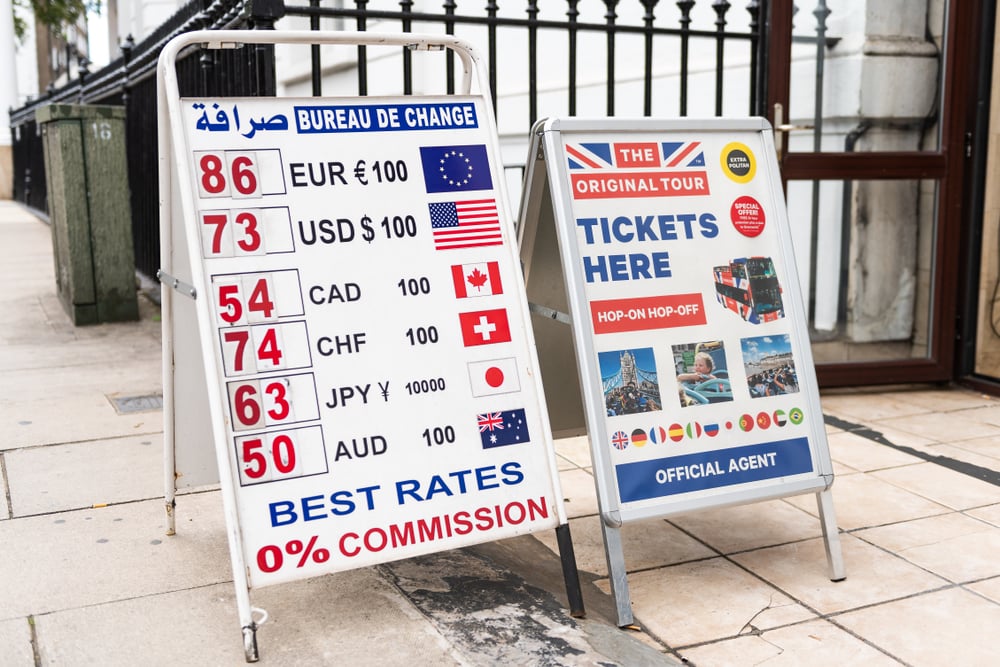
When traveling internationally, managing your money effectively begins with understanding how to exchange currency wisely. Simple missteps like using airport kiosks or unlicensed changers can lead to unnecessary costs and risks. By learning a few straightforward steps—such as checking rates in advance and using authorized services—you can protect your funds and enjoy smoother spending during your trip.
1. Research exchange rates before traveling to understand current currency values.

Exchange rates fluctuate, impacting the value of money when traveling. Before heading abroad, learn the current rates to better understand the buying power of your home currency against the local currency. Accurate information is critical when determining how much money to exchange.
Being informed can prevent costly errors. Imagine exchanging money at a poor rate without realizing until it’s too late. Checking rates online or using financial news sources offers insight. This preparation eases transactions at destinations, equipping travelers with knowledge to spot unfavorable rates.
2. Compare rates at various exchange outlets to find the best deal available.
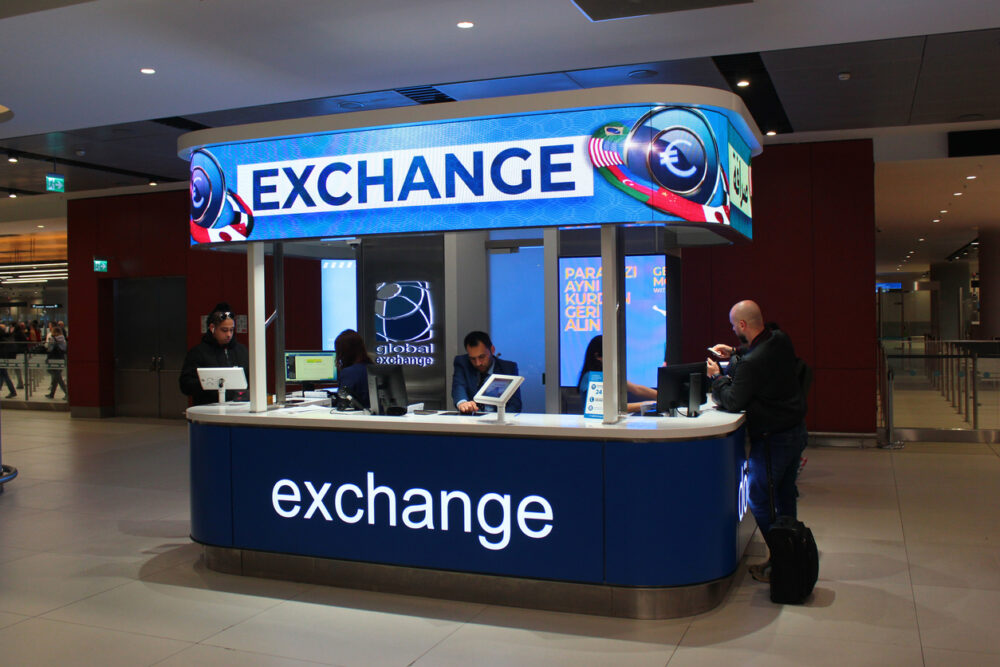
Currency exchange outlets can offer varying rates. Look around at banks, exchange offices, and online platforms to compare the deals on offer. Doing so may save money and ensure a fairer conversion process when getting foreign currency.
Different locations sometimes present drastically different rates. Travelers might find better deals at local banks rather than busy tourist spots. The price difference on the same amount can be significant, impacting overall travel budget efficiency. Small research can yield beneficial financial results.
3. Avoid exchanging money at airports where rates are usually less favorable.
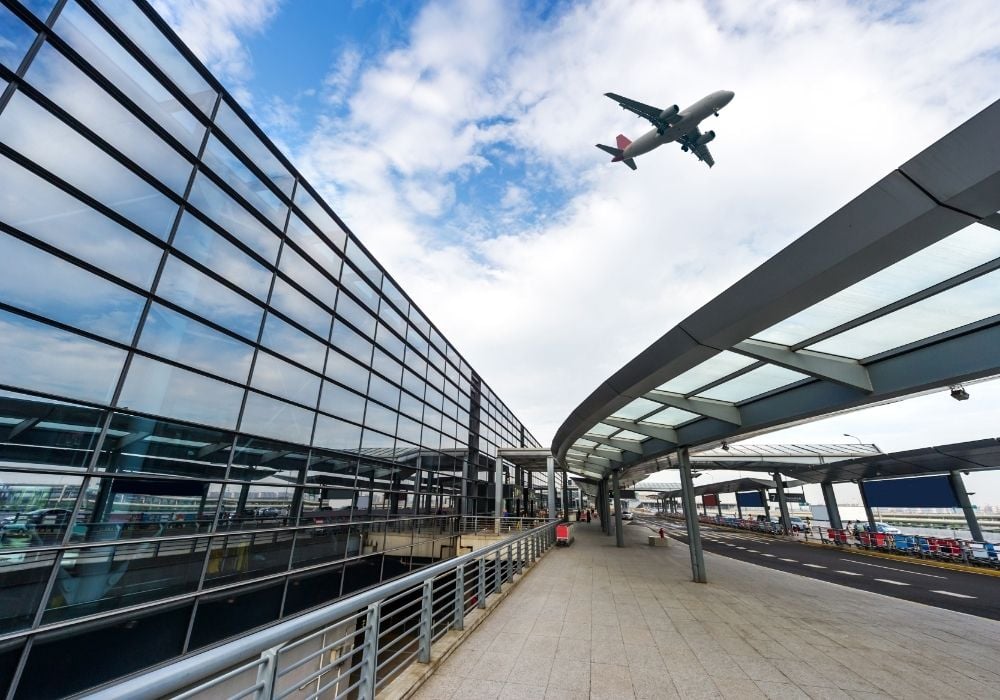
Airports attract travelers needing fast currency conversion, often using less favorable rates. High foot traffic and convenience mean these locations charge more for quick exchanges. It becomes a costly choice for travelers, especially those exchanging larger sums of money.
Instead, prioritize alternatives. Locating banks or authorized exchange services outside airports can ensure better rates. It might take a little longer but saves effort financially. The decision impacts overall travel expenses, keeping more money available for experiences.
4. Use local banks or authorized currency exchange offices for safer transactions.
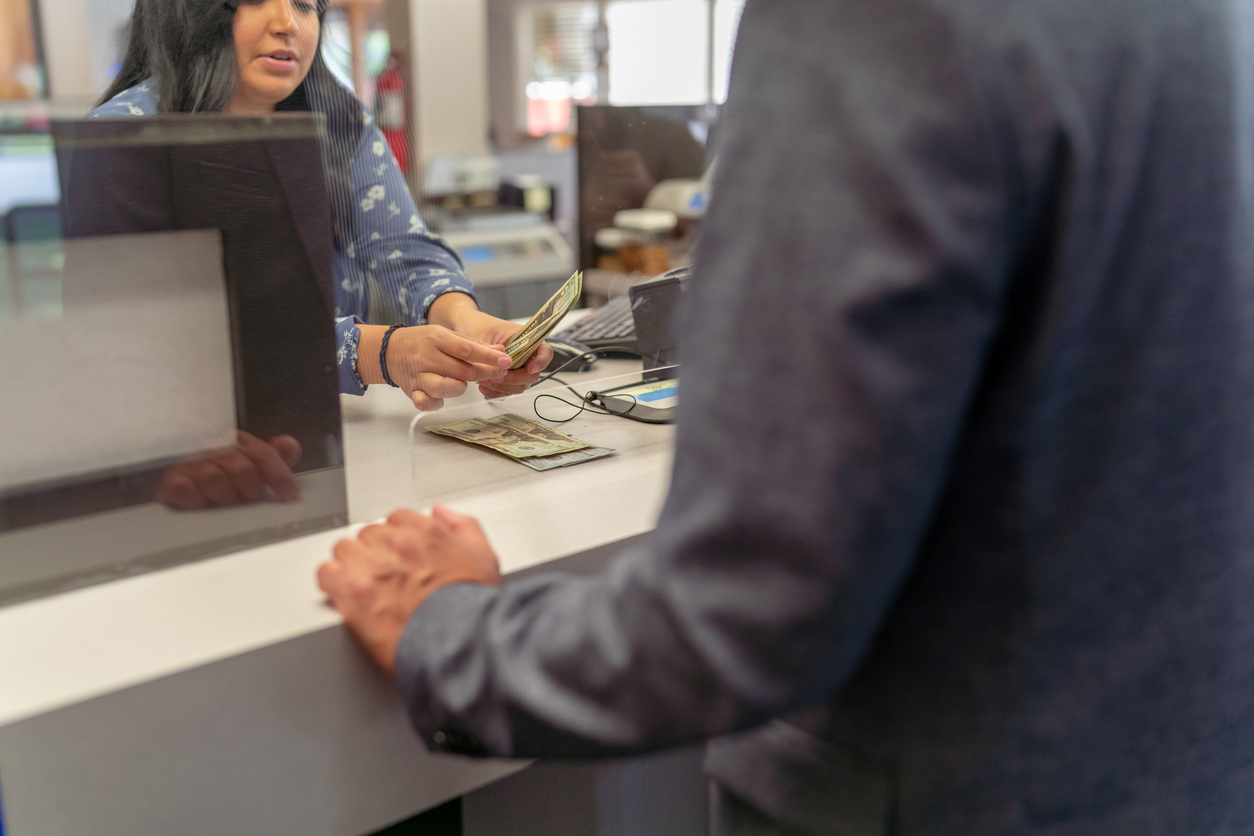
Authorized currency exchange offices or local banks typically provide safer and more trustworthy transactions. These institutions follow regulations, offering transparent exchange rates and fees. For wary travelers, this transparency ensures that they receive fair value when exchanging currency abroad.
In contrast, unofficial money changers are riskier. Choosing certified establishments protects travelers from scams or errors in calculation. Such errors might lead to losses. Opting for licensed providers establishes a framework of trust and reliability throughout international travels.
5. Carry a mix of cash and cards to manage spending smoothly abroad.

Travelers benefit from carrying both cash and cards. Cash is essential for tips or small vendors without card facilities. Meanwhile, credit or debit cards are useful for larger transactions or emergencies, combining both offers flexibility.
The blend minimizes risks. In emergencies, cards provide access to cash via ATMs while limiting the need for carrying large cash sums, enhancing safety. A balanced mix empowers informed spending decisions, adapting easily to various situations encountered while traveling.
6. Be aware of hidden fees and charges that may affect your exchanged amount.

Exchange services sometimes hide fees within their transactions, significantly affecting the final exchanged amount. Awareness of these fees allows travelers to choose services offering clear, fair terms. It prevents frustration over unexpected charges on travel budgets.
Such fees subtly shrink available funds for actual spending. Couriers charging lower rates but imposing high fees offset initial benefits. Favoring transparent outlets with upfront fee disclosures mitigates pitfalls, ensuring smoother financial transactions abroad without surprises.
7. Keep small bills on hand for everyday purchases and tips overseas.

Having small bills ready is practical for everyday transactions. From buying snacks to giving tips, small denominations are easy to handle, reducing the need for frequent change. It’s convenient and often preferred by vendors and service staff.
Large bills sometimes create obstacles. Drivers or small shops often lack change for larger notes, complicating simple transactions. Carrying an assortment covers regular expenses effortlessly and prevents potential delays when engaging with local services during a trip.
8. Monitor your expenses in local currency to stay within your budget.

Regularly monitoring expenses in local currency helps manage the budget effectively. Travelers must stay aware of spending patterns and understanding local costs, often transforming into more mindful spending. This routine can help curb unnecessary expenses.
Expenses in foreign currency can quickly add up unnoticed. Without a sense of local price standards, travelers might overpay. Regular monitoring aligns spending with planned budgets, optimizing the overall travel experience while avoiding surprise overdrafts or needing emergency funds.
9. Exchange leftover currency back before leaving or hold it for future trips.
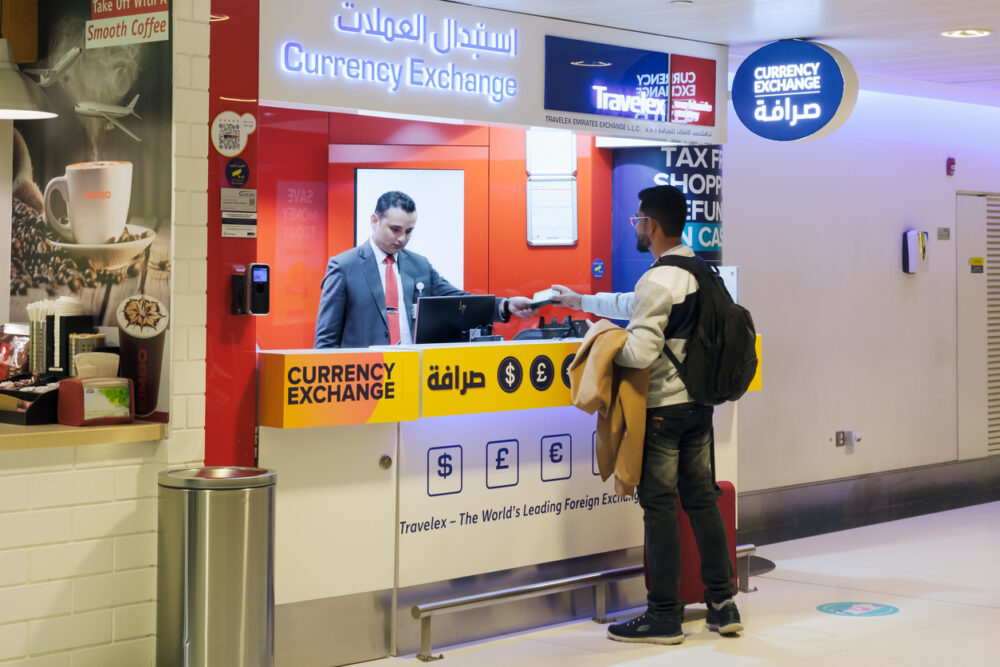
Exchanging leftover currency at the end of a trip avoids value loss. Banks and exchange services convert unused money back into the home currency. Options include holding some for future visits, especially to frequently visited countries.
Returning with foreign bills often poses challenges later. Over time, exchange rates fluctuate further, impacting value on conversion at home. Immediate reconversion consolidates funds into a usable format, maintaining financial consistency post-travel. Future travels or domestic needs consider currency condition.
